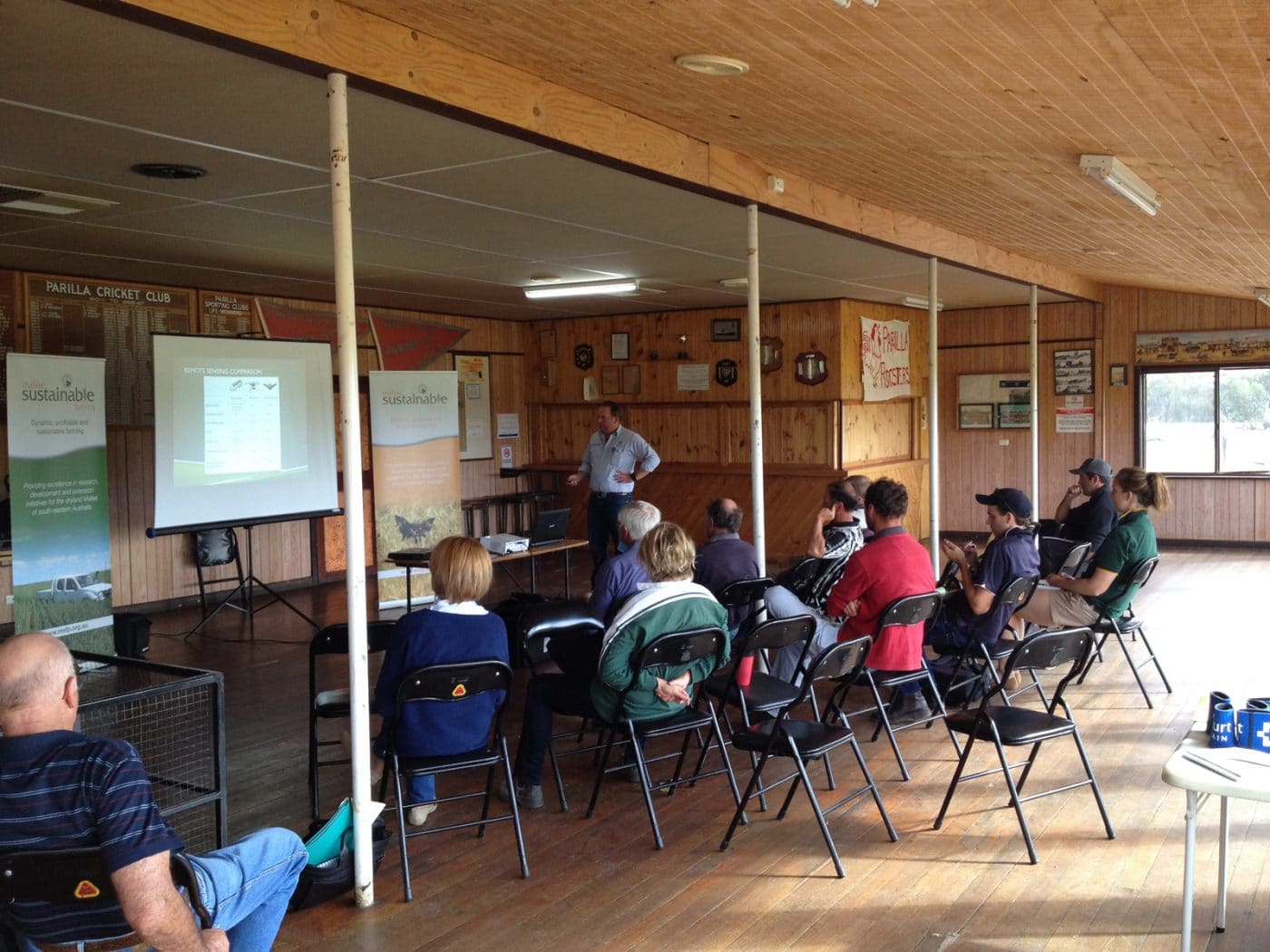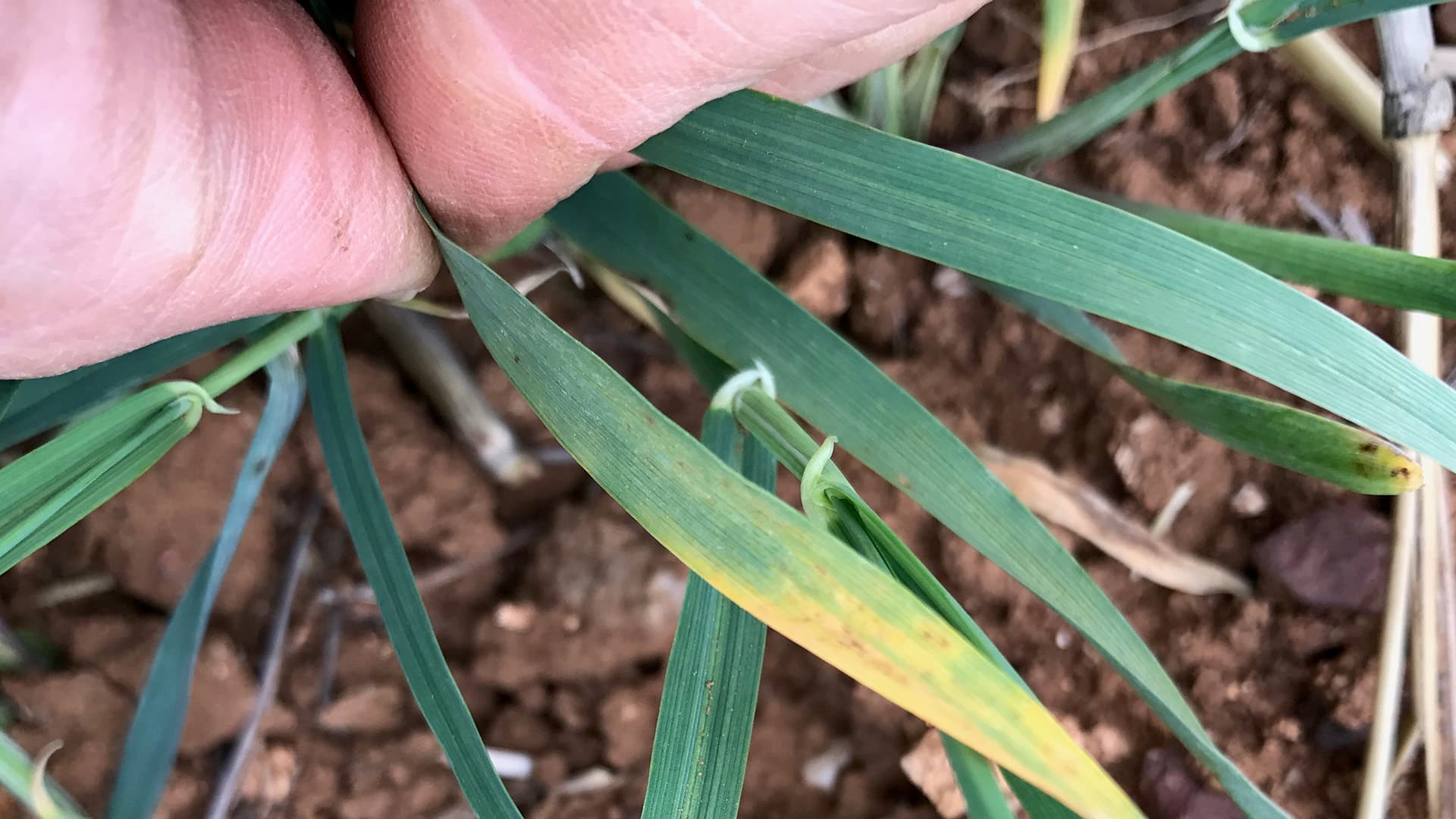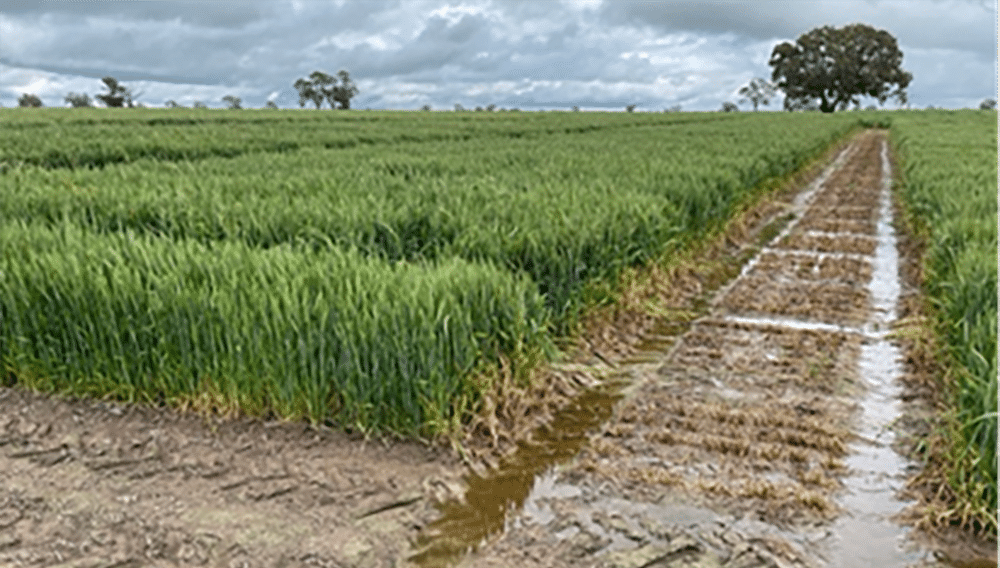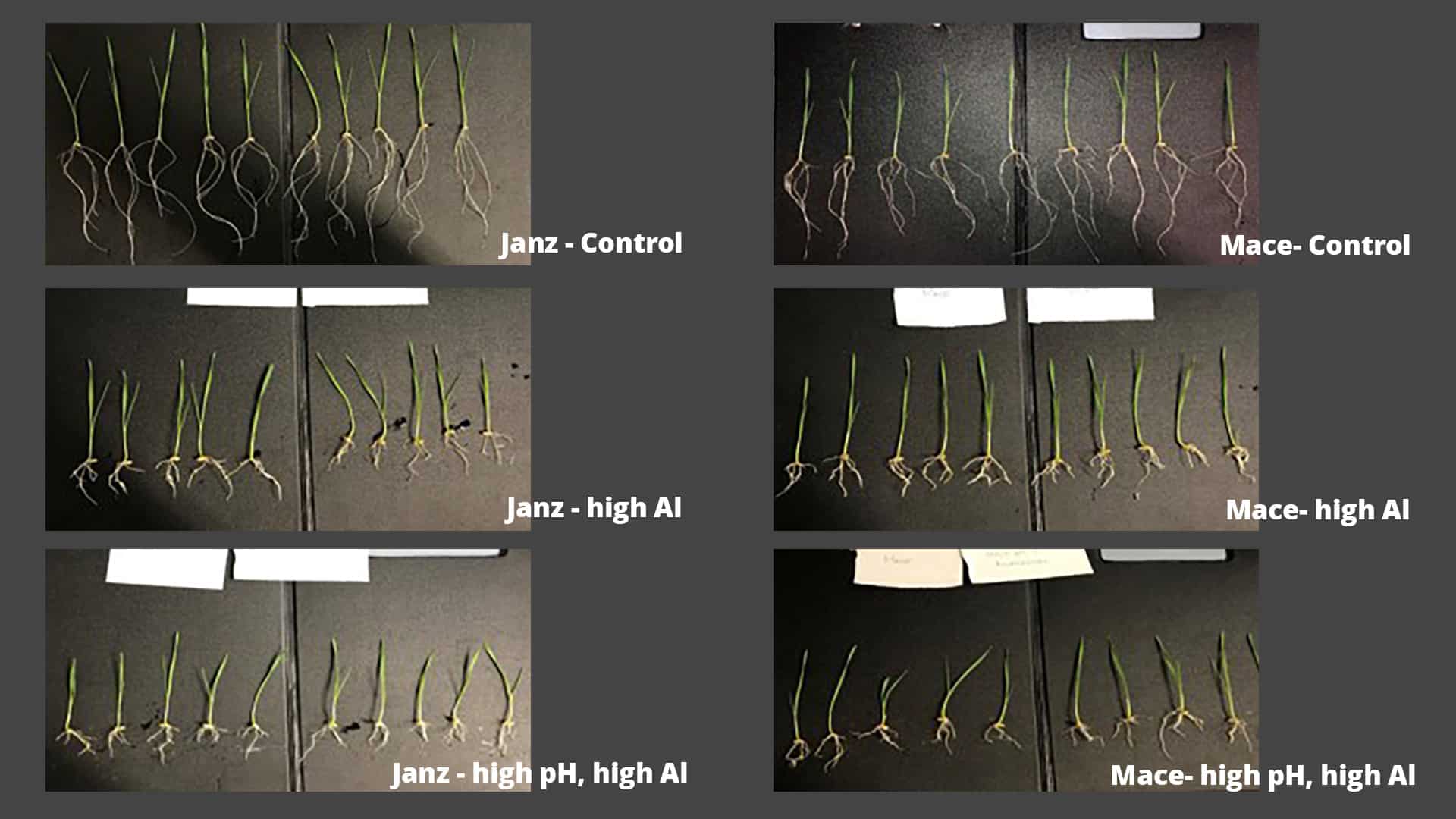START
FINISH

Summary
Farmer groups in the South Australian Mallee addressed locally relevant issues and developed facilitated activities to improve productivity and profitability.
Background
Farming is complex and requires grain growers to constantly update their skills and knowledge of practices to make them more productive, profitable and sustainable. Farming groups are an important source of information.
Research Aims
- Improve productivity and profitability of South Australian Mallee farmers through greater adoption by farm businesses of research outcomes.
- Increase farmers’ knowledge of locally-relevant methods of maintaining or improving productive capacity.
- Establish links between agribusinesses to develop relationships between farmers, researchers and extension agents.
- Strengthen agribusiness networks within the Mallee to help farmers learn from other farmers.
In The Field
The project started in 2012 with eight farmer groups wanting to address locally-relevant issues through workshops and field walks. The groups were Geranium, Karoonda, Partners in Grain-Bowhill, Loxton, Lowbank, Lameroo, Swan Reach/Nildottie and Wanbi/Copeville.
Topics varied according to each group:
- Geranium and Upper South East – variety performance and selection, pre-emergent herbicides, plant-back periods and rhizoctonia.
- Karoonda Young Farmers – Evercrop project findings, variable rate applications, nitrogen and phosphorus fertiliser strategy results, and SA Mallee frost trials.
- Partners in Grain – Bowhill – herbicides and their use, crop nutrition, crop rotations and varieties. Loxton – variety performance and selection. Pre-emergent herbicides, plant-back periods, variable rate applications and rhizoctonia.
- Lowbank – the future for herbicides, nutrition strategies, rhizoctonia.
- Lameroo – variety performance and selection, pre-emergent herbicides, plant-back periods, rhizoctonia.
- Swan Reach/Nildottie – variety performance and selection, pre-emergent herbicides, plant-back periods, variable rate applications and rhizoctonia.
- Wanbi/Copeville – seeder set-up, seeding rate and seed depth.
Projects were established to help farmers address specific research development and extension priorities identified during the workshops.
Results
Speakers linked with projects were brought in at the request of farmers or as recommended by project consultants. As a result of the workshops and field walks, farmers were challenged, informed and updated on local cropping issues. The groups provided a conduit for the farmers’ issues and challenges to be fed through to funding bodies.
Discussion regarding National Variety Trial outcomes in the Mallee informed farmers about variety performance and new varieties. A need for broad-scale legume variety trials was identified in order to implement outcomes from a crop sequencing project recently undertaken in the Mallee.
Future research and group investigation will focus on crop sequencing and rotations, new varieties, rhizoctonia, legumes for the Mallee, grass herbicide resistance and carbon farming.
Project Participants
Mallee Sustainable Farming Inc: Gemma Walker
Dodgshun Medlin: Richard Saunders, Leighton Pearce
Natural Resources SA Murray-Darling Basin: Rachel May
The Problem
Issues constraining grain production and practices aimed at improving participation and land management outcomes in the SA Mallee needed to be extended.
The research
Facilitated groups gave farmers the opportunity to learn more about projects in the Mallee, latest technology and practical management programs and strategies to improve profitability.
More information
Stuart Putland, Mallee Sustainable Farming Inc
T: 03 5021 9106
M: 0427 219 103
E: [email protected]
Value for Growers
- Group activities provides a forum for learning and increasing understanding of issues and management options.
- Targeted training and workshops provide growers with exposure to new and existing tools and technology and provide contacts to access further information.
- Farming group activities increase networks between growers and give access to researchers and their projects.



